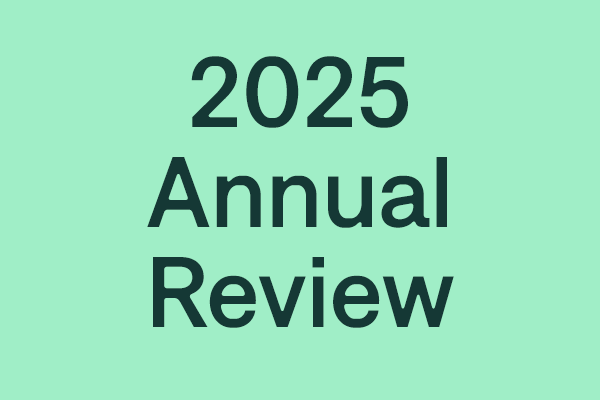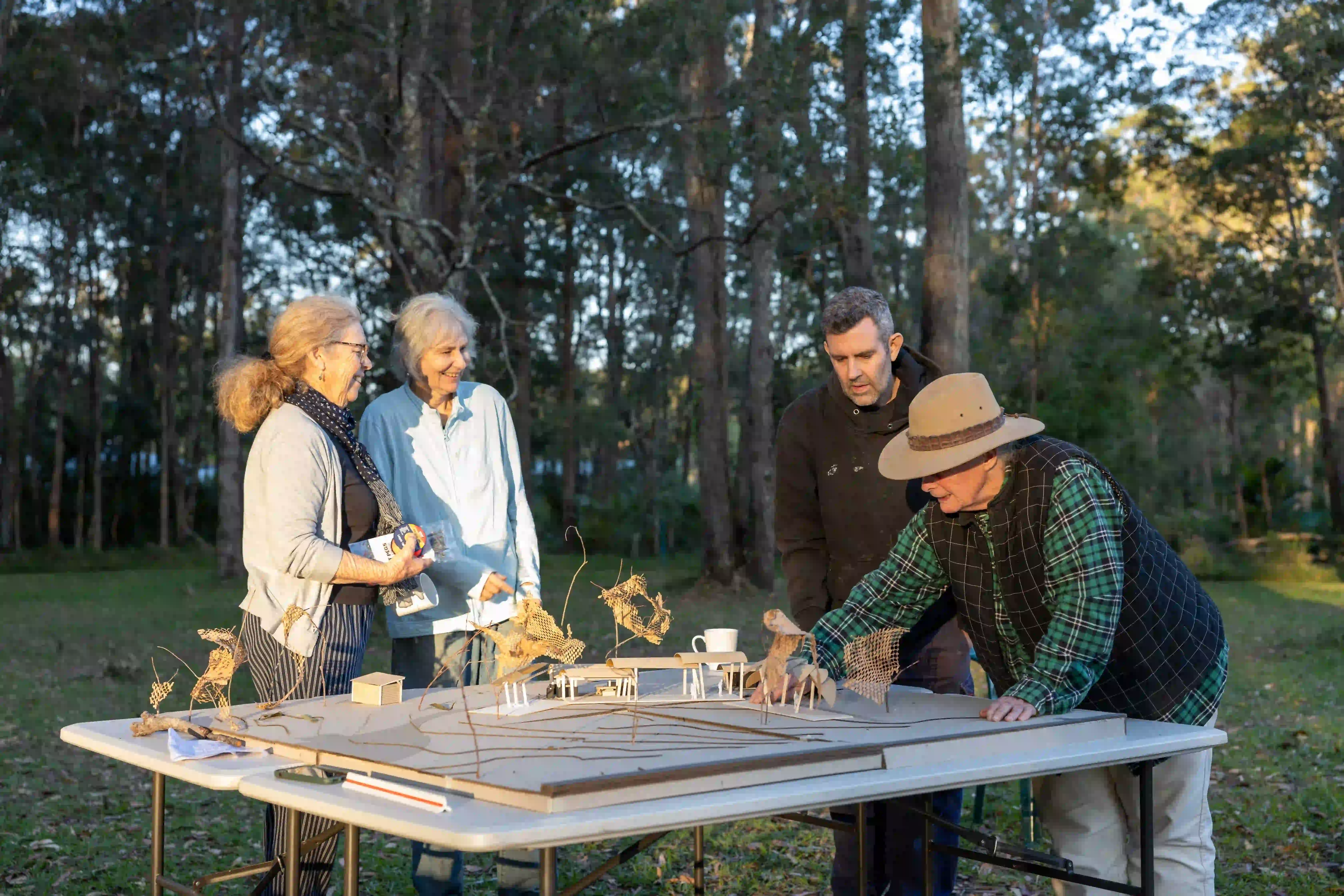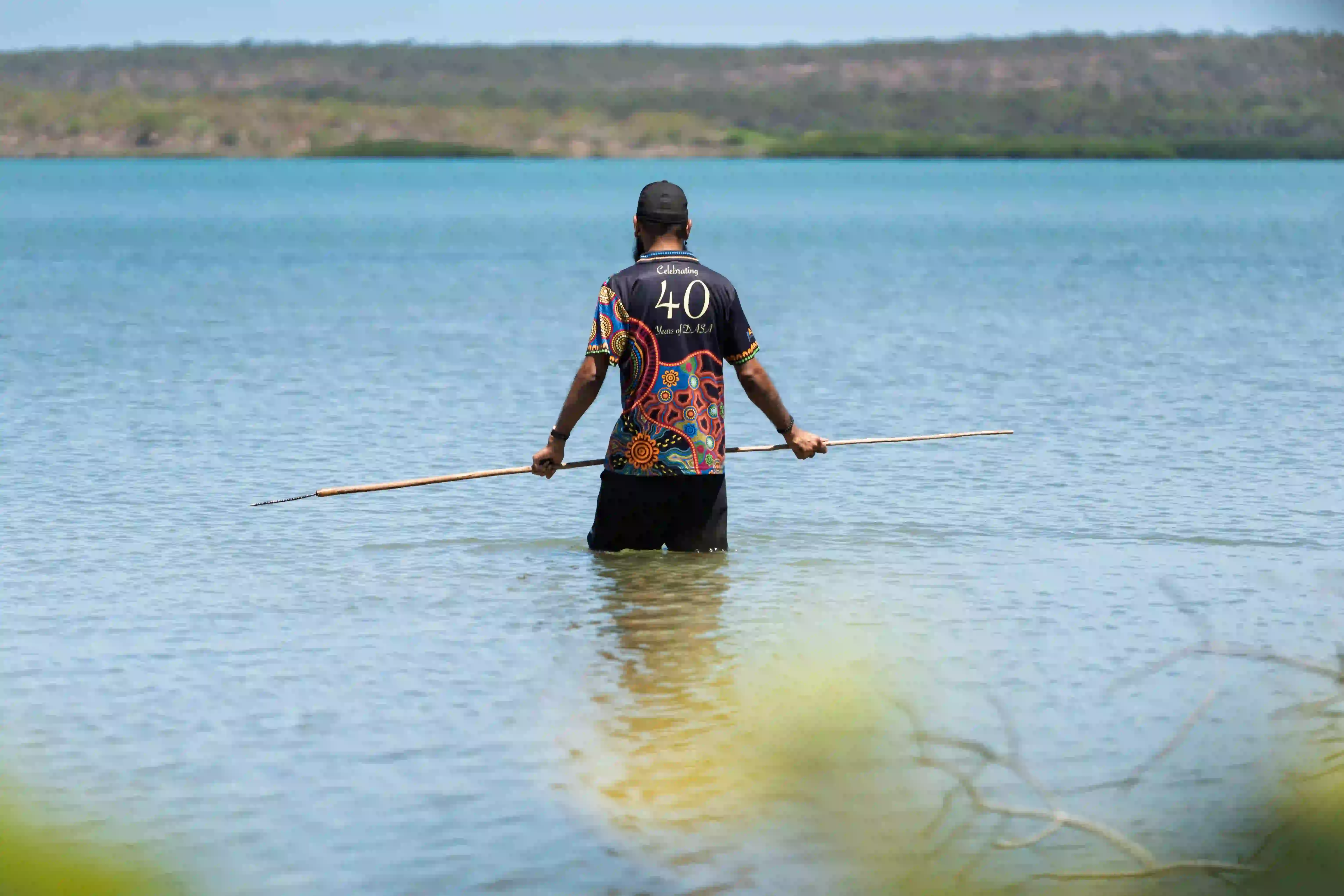Charlotte Siddle is someone who understands the paradox of philanthropy.
“We’re at a turning point in philanthropy in Australia,” she says, “where we’re starting to reckon with it as both constructive and contested.”
The Executive Director of Siddle Family Foundation is excited by the opportunity for change, for a more reflective form of philanthropy that explores the intersection of what’s been done in the past with what could be done in the future.
“What would it look like to truly understand philanthropy’s power and privilege, the role it can play, and how it can contribute?”
It’s a question she’s holding close as the newest appointment to the PRF Board. Charlotte joined the Board in June 2025 and brings with her a decade of experience in philanthropy, including six years at PRF, and the past three years as CEO of her family office.
Charlotte admits to having an unconventional career, which she started as operations manager for horse trainer and businesswoman Gai Waterhouse, a role she says taught her a lot about people.
“Gai is a master of talking to anyone – from the stables to the winner’s circle. She understands people, and why they think the way they do.”
It’s an asset Charlotte believes is necessary when attempting to solve some of Australia’s most intractable challenges.
“When we talk about systems change, we’re talking about changing humans, and how we might change people’s behaviour to solve problems.”
The potential
For the past 23 years, or well over half her life, Charlotte has also been a netball coach, for reasons she says have nothing to do with netball.
“I’m passionate about supporting young people and being an important part of girls’ lives. All young people need is one person to give them hope and aspiration.”
Charlotte says she sees coaching a netball team as a leadership challenge.
“Every time I get a new team, I have to figure out what they believe in, what will bring them together, and what they need that will help flick the switch in their brain that enables them to find their potential.”
Like her netball teams, Charlotte is hopeful about PRF’s potential.
“We’re at an interesting time in the organisation, where it’s growing and finding its feet and figuring out who it wants to be. We’ve got the privilege of choice.
“PRF also has the benefit of hindsight. We can look back at what we did well, and what we’ve heard from partners. 10 years is a lot of data to draw on.”
Charlotte says PRF has strong foundations to build upon – infrastructure, people, and relationships – as well as strength in its size.
“An organisation of this size has the informal and formal power and authority that enables it to pull strings where others cannot.”
The opportunity, she says, is that PRF can do things differently, to innovate and transform.
The legacy
As PRF Founder Paul Ramsay’s goddaughter, Charlotte acknowledges she took her first job at PRF because of her connection to Paul.
“This time,” she says, “I’m here because of me, but with the spirit of him.”
To the boardroom she hopes to bring the practical way Paul operated as a human being, understanding what PRF is trying to achieve and finding the most intentional way to do it.
“Like Paul, I have a high tolerance for risk. Rather than focusing on the risk of doing something, I prefer to ask what’s the risk of not doing something.”
For Charlotte, it’s about listening deeply and asking thoughtful questions. When establishing the Siddle Family Foundation, she says she had hundreds of conversations with the community to understand what was important to them and what were their unmet needs.
“I have a strong belief that community knows what they need. They have the ideas and the information; they just need support and money and for us to get out of the way.”
In Charlotte’s opinion, legacy is both intentional and incidental. One can’t create a legacy without the incidental – people’s experience of a person – mirroring their intentions. At the end of the day, she says, legacy is made on people’s judgements of you.
Charlotte says Paul would have hoped that he made people feel like they were cared for and understood and given time when they were in his presence.
She hopes the same for herself.
Charlotte is not interested in leaving a material legacy and says that when her tenure on the PRF Board is over, she hopes people are not talking about her at all.
“I hope they’re talking about what a thoughtful period of time it was for PRF. A time when the organisation made bold decisions about who it wanted to be and stuck to it.”










